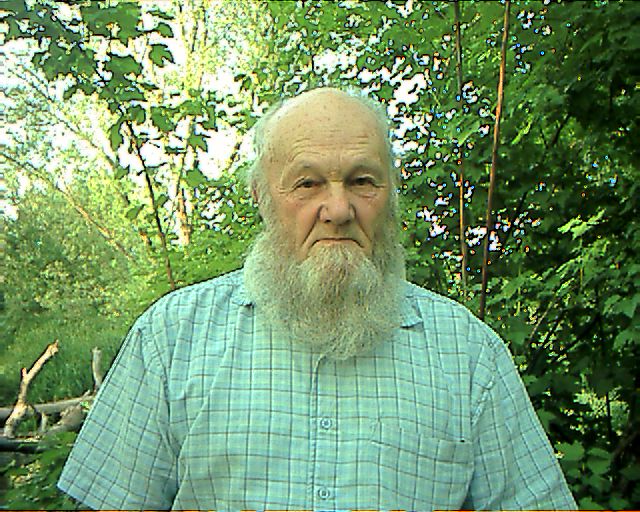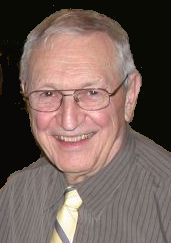Debate Einsteins Special Relativity Postulates True or False
Date: 2009-08-08 Time: 07:00 - 09:00 US/Pacific (1 decade 5 years ago)
America/Los Angeles: 2009-08-08 07:00 (DST)
America/New York: 2009-08-08 10:00 (DST)
America/Sao Paulo: 2009-08-08 11:00
Europe/London: 2009-08-08 14:00
Asia/Colombo: 2009-08-08 19:30
Australia/Sydney: 2009-08-09 01:00 (DST)
Where: Online Video Conference
This video conference used DimDim, now a private company.
The meeting can be replayed by clicking this link:
watch the meeting recording
Description
The last public debate of record over the theory of relativity was held May 21-22, 1926 at Indiana University, with Profs. Robert D. Carmichael & Harold T. Davis favoring the theory and Profs. William D. MacMillan & Mason E. Hufford opposing it.* Today, 83 years later, the result remains unsettled, and we are pleased to continue the debate in the formal, public venue of an internet service. Yuri Keilman has qualms with general relativity, but regards special relativity as the greatest discovery of the age. Walter Babin considers both special and general relativity as logically inconsistent. On the day of the debate, we'll flip a coin to decide who goes first. The debate will conform to the following format:
- Introduction by moderator (5 minutes)
- Side 1 presentation (30 minutes)
- Side 2 rebuttal (5 minutes)
- Side 2 presentation (30 minutes)
- Side 1 rebuttal (5 minutes)
- Q&A for Side 1 (15 minutes)
- Q&A for Side 2 (15 minutes)
- Side 1 summary (5 minutes)
- Side 2 summary (5 minutes)
- Close by moderator (5 minutes)
- Total time = 120 minutes
Since the subject of special relativity itself is far too broad to cover in two hours, the topic has been narrowed to an examination only of Einsteins's two postulates of special relativity:
- First postulate (principle of relativity)
- The laws by which the states of physical systems undergo change are not affected, whether these changes of state be referred to the one or the other of two systems of coordinates in uniform translatory motion.
- Second postulate (invariance of c)
- As measured in an inertial frame of reference, light is always propagated in empty space with a definite velocity c that is independent of the state of motion of the emitting body.
* A Debate on The Theory of Relativity, The Open Court Pub. Co. (1927).




